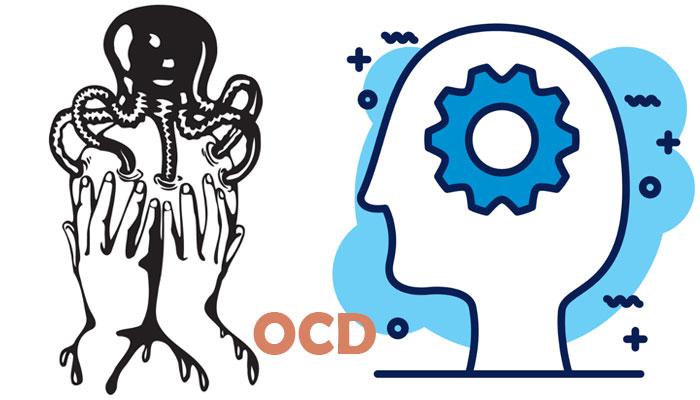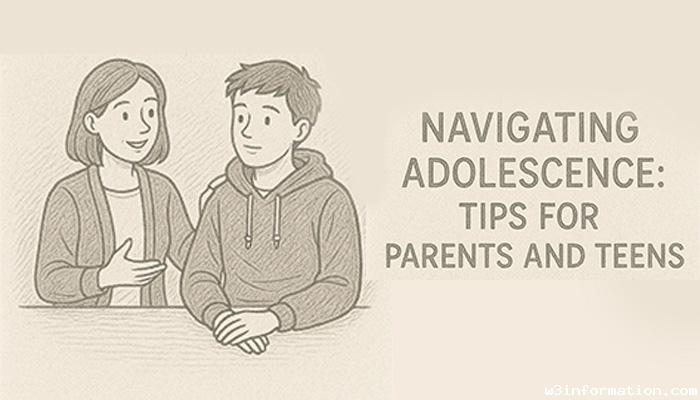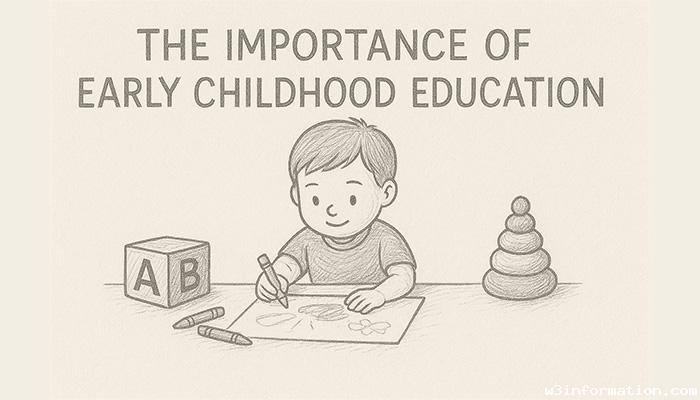What Is OCD? Myths and Facts
OCD is a psychopathology characterised by obsessive, obtrusive thoughts and habits. Even though it is very common, OCD has become something of a myth and a disgrace. This blog will try to answer myths and share facts about what OCD really is.
Understanding OCD
Obsessions and compulsions: Two elements of OCD. The obsessions are unwanted, intrusive thoughts, images or desires that are stressful; the compulsions are habitual actions or acts performed to alleviate the anxiety triggered by the obsessions.

Prevalence and Impact
OCD happens to everyone – young and old. Between 2-3% of the population suffer from OCD at some time. The illness has dramatic consequences on one’s everyday life, marriage and career.
Common myths about ocd
The Legend: OCD Is Nothing More Than Being Clean and Tidy.
Fact: Some sufferers of OCD might be obsessed with cleanliness or order, but there is a lot of scope to the disorder, from fear of injury and contamination to the niggling notions of forbidden topics.
Myth: Everybody’s a Little OCD.
A fact: Having the odd intrusive thought or liking something, for example, isn’t the same as having OCD. OCD is a serious mental illness that has to be diagnosed and often treated to cope.
Myth: Perfectionism Is the Root Cause Of OCD.
Fact: Perfectionism and OCD are not the same thing. If perfectionism is all about perfection, then OCD is all about traumatic obsessions and compulsions that aren’t merely preferences or personality traits.
Facts About OCD
OCD Is Curable With treatment, such as therapy and medication, many patients with OCD can get by with symptoms. CBT – and especially Exposure and Response Prevention (ERP) – works exceptionally well.
OCD Comes in All Kinds Of Forms OCD symptoms can be very varied. There are people who are obsessed but have no apparent compulsions, or others who have triggers that are distinct from their experience.
OCD is Different for Everyone The intensity and type of OCD symptoms are different in everyone. Treatment is only as effective as treating each individual.

Breaking the Stigma Around OCD
The Role of Education Educating people about OCD eliminates the myths and opens the door to knowledge. True data can foster empathy and care for those in need.
Open Conversations: Fostering a confidential space to talk about mental health will lessen the stigma of OCD and help people seek care without judgement.
Seeking Help for OCD
When to Seek Professional Help
If your obsessive thinking or compulsive habits are disrupting your life, see a mental health professional for evaluation and treatment.
Supporting Resources There are plenty of organisations and social networks that offer assistance and resources for people with OCD and their families. Obtaining these can be a necessary part of treating the condition.
Conclusion
To better know OCD, myths must be cut out of the story. Learn how to make the world a more positive and well-informed place by educating ourselves and others. And if you or someone you know has OCD, never forget that you are not alone, and that you can recover with support and treatment.
 Top 10 Comfort Foods to Try This Winter
Top 10 Comfort Foods to Try This Winter
 Top 10 Christmas Destinations Around the World
Top 10 Christmas Destinations Around the World
 Navigating Adolescence: Tips for Parents and Teens
Navigating Adolescence: Tips for Parents and Teens
 How to Start a DIY Craft Project on a Budget
How to Start a DIY Craft Project on a Budget
 How to Build Strong Family Bonds in the Digital Age
How to Build Strong Family Bonds in the Digital Age
 The Importance of Early Childhood Education
The Importance of Early Childhood Education